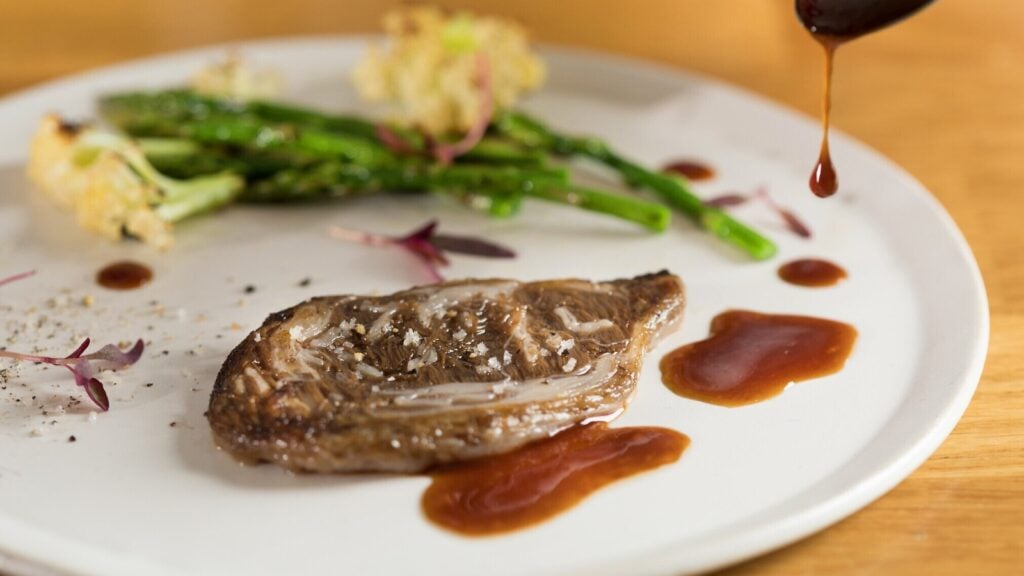Japan is making moves to regulate the cultured meat industry.
According to Japan News, the country’s Health, Labor, and Welfare Ministry has set up a team of researchers to investigate the safety of cultured meat, which is grown from animal cells in labs.
The team will help to advise the Health Ministry on any health risks associated with cultured meat and what regulations will be necessary for the industry. After they have completed their research, they will release a report, which the ministry will discuss alongside cultured meat regulations in other countries.
In 2020, Singapore became the first country in the world to give cultured meat regulatory approval. As a result of that decision, California-based brand Eat Just was able to sell its cultured chicken meat in the country.
While no other country has granted approval yet, governments are backing the cultured meat market. The Netherlands, for example, has passed a law legalizing the sampling of cultured meat and allocated the sector €60 million in public funding. In France, the government has backed the cultured foie gras brand Gourmey.
In October last year, Israel’s president Isaaz Herzog announced that the government was “officially” embracing alternative protein, after tasting cultured meat products by Jerusalem-based cultured meat company Future Meat.
Cultured meat in Japan
In Japan, companies are already working on bringing cultured meat to Japanese consumers. Last year, cultured meat company Aleph Farms partnered with the Mitsubishi Corporation’s Food Industry Group to work on scaling up lab-grown protein.
At the time, Aleph Farms’ CEO Didier Toubia said the partnership demonstrated “Aleph’s strategy of working together with the food and meat industries to ensure successful integration of cultivated meat within the ecosystem – while maximizing the positive impact we make.”
He added: “We’re excited to bring cultivated meat production closer to the Japanese market.”






